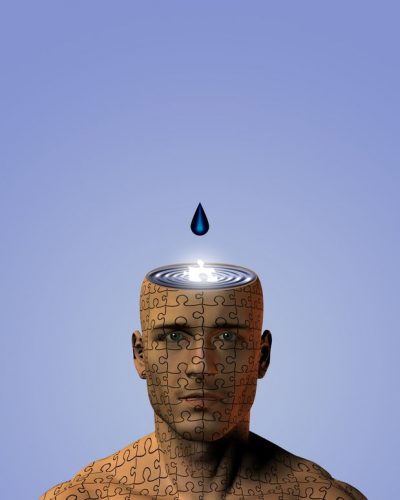New Year, new you
New Year, new start
New Year, new … whatever
We seem to put a lot of faith into the transformative eruption that comes when poor, tatty ol’ 31st December explodes into a bright, shiny 1st January. We set personal goals just for ourselves, to get fit, thin, happy, healthy, save money and be kind. Most of these are admirable aims and you’ll be sharing them with millions of other people in that lovely, warm after-Christmas, happy glow.

But YouGov1 asked people to cast their minds back to the beginning of 2024 and say whether they had kept their New Year’s resolutions. One in six (17%) said that they had but, of that group, only one in three claim to have kept all of the resolutions they made. And, of the overall group of people quizzed, one in five (19%) admitted that they failed to keep any of their New Year’s resolutions.
” It could just be a simple case of challenge and reward. “
So, do we seem to be flirting around the edges of insanity at least once every year? Because, according to Albert Einstein, the very definition of insanity is “doing the same thing over and over again and expecting different results” but I think that’s a little harsh for the millions of New Year’s repeat optimists. (Although I once doubted Einstein’s wisdom when I read that he said “You can’t blame gravy for falling in love.” Then I found out it was a typo and should have said “gravity”. I still didn’t understand the great man but at least he wasn’t dissing gravy.) Anyway, back to making resolutions, and it could just be a simple case of challenge and reward. And giving yourself a little reward sounds like a very sensible idea to me, not at all bonkers. Studies2 have shown that setting goals triggers the release of dopamine, commonly known as the feel good chemical. Dopamine helps to manage pleasure and reward centres in the brain while regulating emotional responses. Neuroscientists have found that pursuing goals can significantly impact our emotions as it triggers pleasure centres in our brains, regardless of the outcome. This suggests that pursuing a goal is just as important as achieving it.
“perhaps we should concentrate on what we’d like to achieve realistically – at any time of the year”
Maybe we shouldn’t worry at all if we set our own goals and fail to achieve them. It’s quite possible that our resolutions were rather unrealistic (giving up social media for a month, climbing Everest, never eating chocolate again) and were doomed to failure. But, if we get pleasure from setting and pursuing goals, then perhaps we should concentrate on what we’d realistically like to achieve – at any time of the year. Let’s ease off on the New Year Resolution demand and relax a bit. Take the pressure off. Why not wait a few weeks and then take stock and assess what your goals for the coming months should be. Think of something you want to achieve rather than something you want to resist. Consider realistic and rewarding goals, such as decorating your living area, seeing your family more, learning a new language at your own pace using an app like Babbel , seeing if you can carve out 12 minutes a day to follow the Royal Canadian Airforce workout used by Helen Mirren, or firming up your plans for your loft conversion (we might be able to help with your staircase!). Just think about the massive dopamine hit you’ll get this time next year having something to show for setting and achieving your goals!


